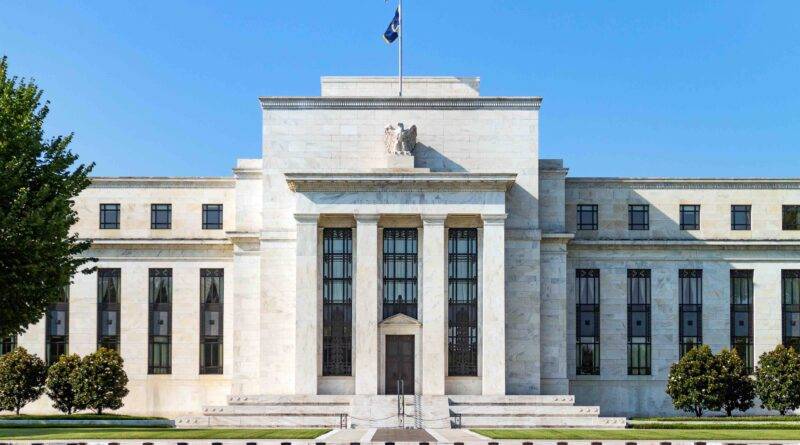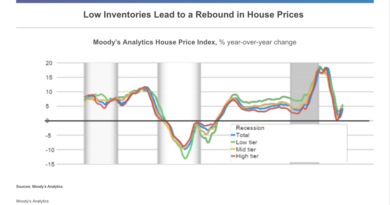How Quickly Do Prices Respond to Monetary Policy?
Monetary policy has a history of operating with “long and variable lags,” as economist Milton Friedman once said. This phrase was expressing the delay in the time it takes for the true effects of monetary policy to permeate through the larger economy. Housing is particularly rate-sensitive, as compared to other industries. The questions to then be asked is, “how does monetary policy affect inflation across a diverse economy like the United States?”
According to Eye On Housing, This was the question that Leila Bengali and Zoe Arnaut, researchers at the Federal Reserve Board of San Francisco (FSBSF), asked in a recent FSBSF economic letter article, “How Quickly Do Prices Response to Monetary Policy” [2]. The economists examined which components that make up the Personal Consumption Expenditures (PCE) Index[3], an inflation measurement produced by the Bureau of Economic Analysis (BEA), are the most and least responsive to changes in the federal funds rate. While the Federal Reserve makes decisions “based on the totality of the incoming data”[4] including the more popular Consumer Price Index (CPI)[5] produced by the Bureau of Labor Statistics (BLS), their preferred inflation measure is PCE. This is the reason why the researchers focused on this specific index.






